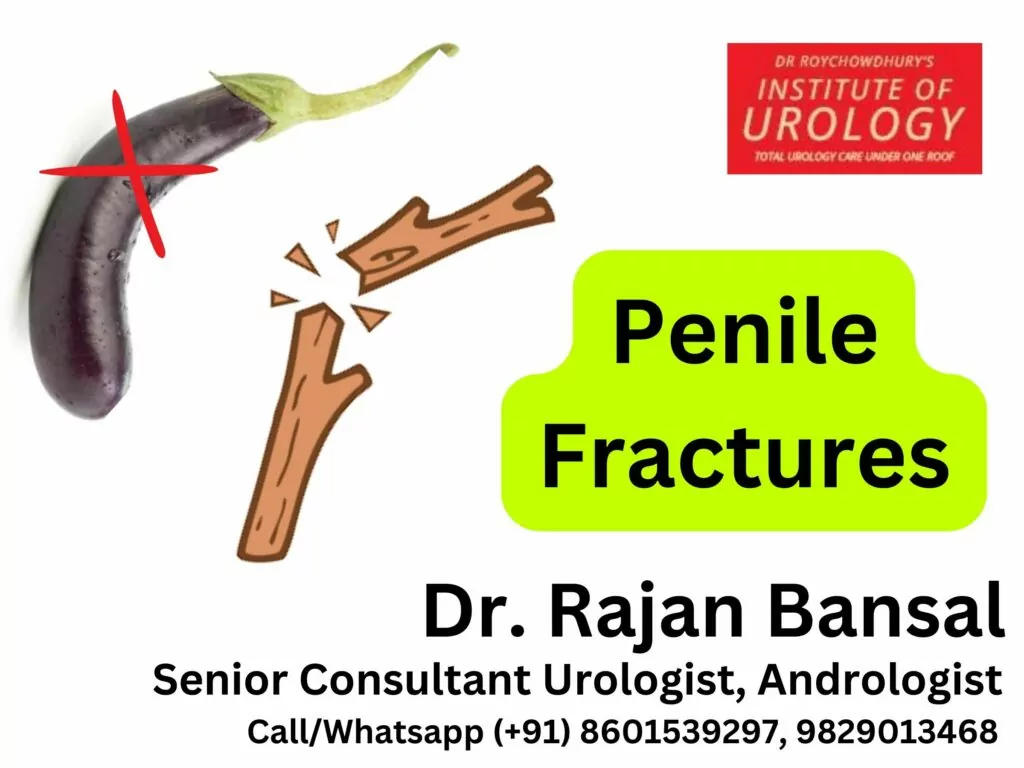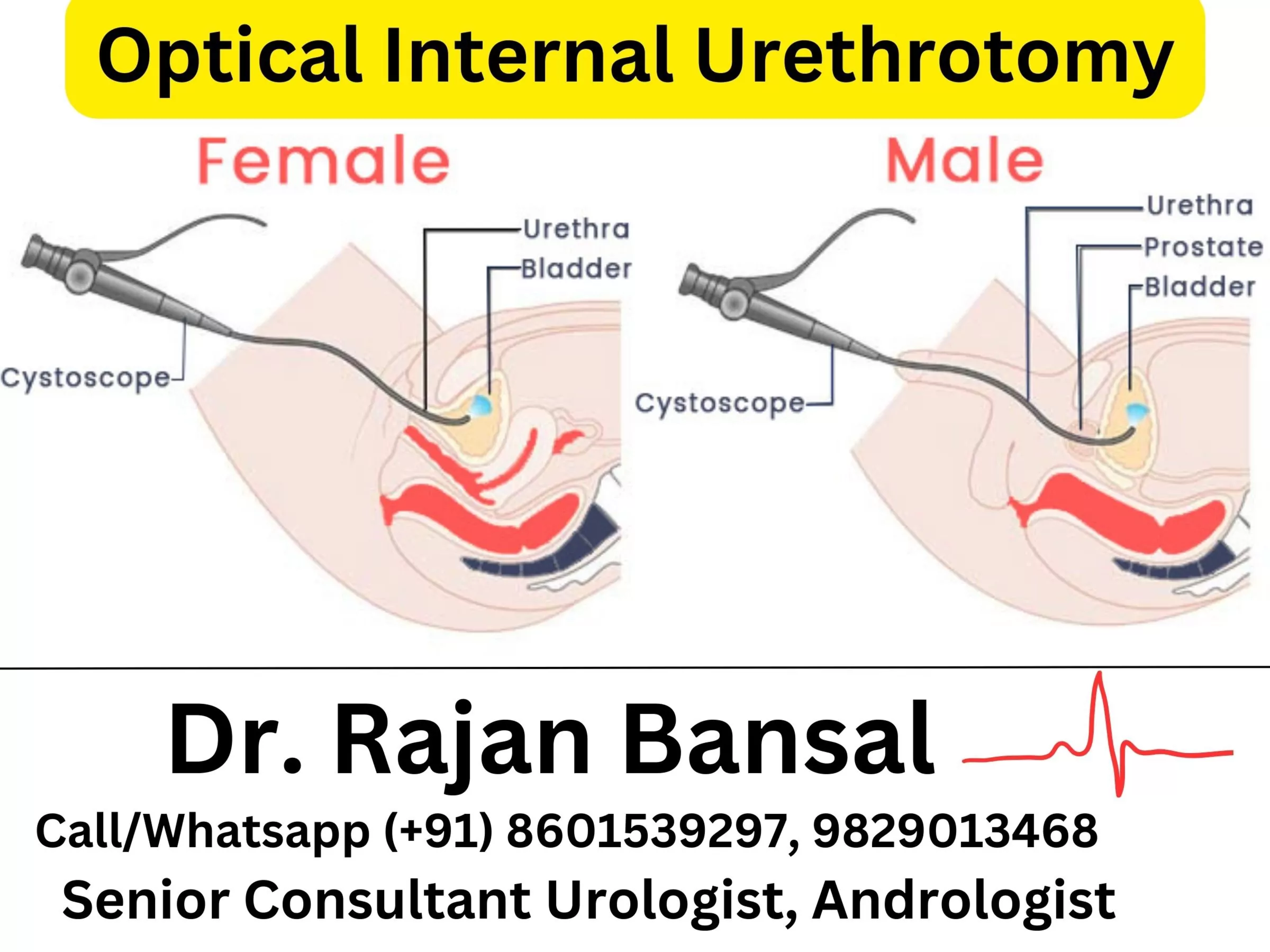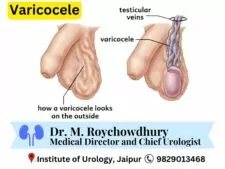Penile Fracture: Causes, Symptoms, Treatment, and Prevention: When it comes to men’s health, certain topics can be sensitive and uncomfortable to discuss, but it’s essential to shed light on them to raise awareness and provide accurate information. One such topic is penile fracture. Although relatively rare, penile fracture is a serious condition that requires prompt medical attention. In this comprehensive guide, we’ll delve into the causes, symptoms, treatment options, and preventive measures associated with penile fracture.

What is Penile Fracture?
Penile fracture is a traumatic injury that occurs when there’s a rupture in the tunica albuginea (a tough fibrous tissue surrounding the erectile chambers of the penis) with consequent rupture of one or more erectile chambers. This injury usually results from a sudden and forceful bending of the erect penis. Despite its name, there’s no actual bone involved in penile fracture; it’s more of a tear in the tissue.
What are the Causes of Penile Fracture?
Aggressive Sexual Activity: One of the primary causes of penile fracture is vigorous sexual activity. When the penis is forcefully bent during intercourse, especially in positions that involve intense thrusting, it can lead to the rupture of the tunica albuginea.
Trauma: Accidental trauma, such as falling onto a rigid object while erect, can also result in penile fracture. This can occur during activities like biking, horseback riding, or sports.
Masturbation Mishaps: Although rare, penile fracture can happen during masturbation if excessive force is applied to the erect penis.
What are the Symptoms of Penile Fracture?
The symptoms of penile fracture are usually immediate and can be quite alarming:
Audible “Pop” or “Snap”: Many men report hearing a distinct popping or snapping sound at the time of injury, often accompanied by sudden pain.
Immediate Pain and Swelling: Pain, bruising, and swelling are common symptoms following penile fracture. The severity of pain may vary, but it’s typically intense.
Bent or Angled Appearance: The penis may appear bent or curved at an abnormal angle due to the rupture of the tunica albuginea.
Difficulty Urinating: Some men may experience difficulty urinating due to the trauma, and blood might be visible in the urine.
Seeking Medical Treatment
If you suspect you’ve experienced a penile fracture, seeking medical attention immediately is crucial. Delaying treatment could result in complications such as erectile dysfunction or penile deformity.
Upon examination, a doctor might order imaging tests like ultrasound or MRI to confirm the diagnosis and assess the extent of the injury. In most cases, surgery is required to repair the torn tissue and restore the normal function and appearance of the penis.
How is Penile Fracture Treated?
Surgical intervention is the primary treatment for penile fracture. The procedure involves making an incision near the site of the tear, repairing the tunica albuginea and corporal bodies (erectile chambers), hence, ensuring proper alignment of the erectile chambers. The surgery aims to prevent long-term complications and restore both form and function.
Post-surgery, a period of rest and healing is necessary. This often includes refraining from sexual activity and strenuous physical exertion for several weeks to allow the tissue to heal properly.
How to Prevent Penile Fractures?
Prevention is always better than cure. While accidents can happen, there are steps men can take to reduce the risk of penile fracture:
Communication: Open and honest communication with sexual partners about comfort levels and concerns during sexual activity can help avoid risky situations.
Positioning: Opting for sexual positions that minimize the risk of forceful bending or accidental trauma can significantly reduce the likelihood of penile fracture.
Gentle Handling: During both sexual activity and masturbation, being mindful of the amount of force applied to the penis can help prevent injuries.
Protective Measures: Engaging in activities that carry a risk of accidental trauma, such as sports or physical recreation, while wearing protective gear can provide an added layer of safety.
Penile Fracture Treatment in Rajasthan – Institute of Urology, Jaipur
While penile fracture might be a topic that many men find uncomfortable to discuss, understanding the causes, symptoms, treatment options, and preventive measures is essential for maintaining overall penile health. Timely medical attention, communication with partners, and practicing safe sexual behaviors can go a long way in preventing this traumatic injury. Remember, prioritizing safety and seeking professional help can make all the difference in preserving both the physical and psychological well-being of men.
At Institute of Urology, C scheme, Jaipur we have a team of experienced and specialized urologists with expertise in penile cancer management. We offer state-of-the-art diagnostic facilities, including advanced imaging and pathology services. Additionally, we have a multidisciplinary approach, involving collaboration between different specialists (Imaging, urodynamics, laboratory etc) to provide personalised treatment plans.
Prior appointments for visit to the hospital can be booked on 9829013468. We also have personalised video consultation facility available so that you can discuss about your problems with our consultants. Dr. Rajan Bansal ( 8601539297 ) or Dr. M. Roychowdhury ( 9929513468 ).







